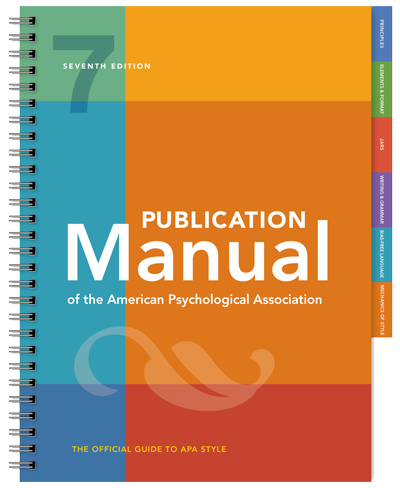
Citing your sources is your best tool to avoid plagiarism. Stating where you retrieved your source material is a habit that protects you from disciplinary measures in college and legal liability throughout your life. In addition, informing your audience where you obtained the facts you utilized will only strengthen your credibility for readers.
Want more information about how to avoid plagiarism? Check out the Library's Plagiarism page.
The ultimate purpose of most scholarly writing is to join the scholarly conversation about a topic. To do this, you must demonstrate that you have read others' related scholarly writings and then use that information as a springboard to develop your own arguments. If you do not cite your sources, it is impossible for readers to know if your supporting material is accurate or legitimately obtained.
However, citing your sources will elevate your writing to such a standing that perhaps another writer will cite you as a source when they join the scholarly conversation for themselves.
APA Style is a framework that creates a uniform standard for scientific writing. It is dictated by the American Psychological Association in its Publication Manual. You can also find help with APA citation on PSC Library Citation Resources. You may want to keep one of these sources handy for easy reference as you work through the module.
